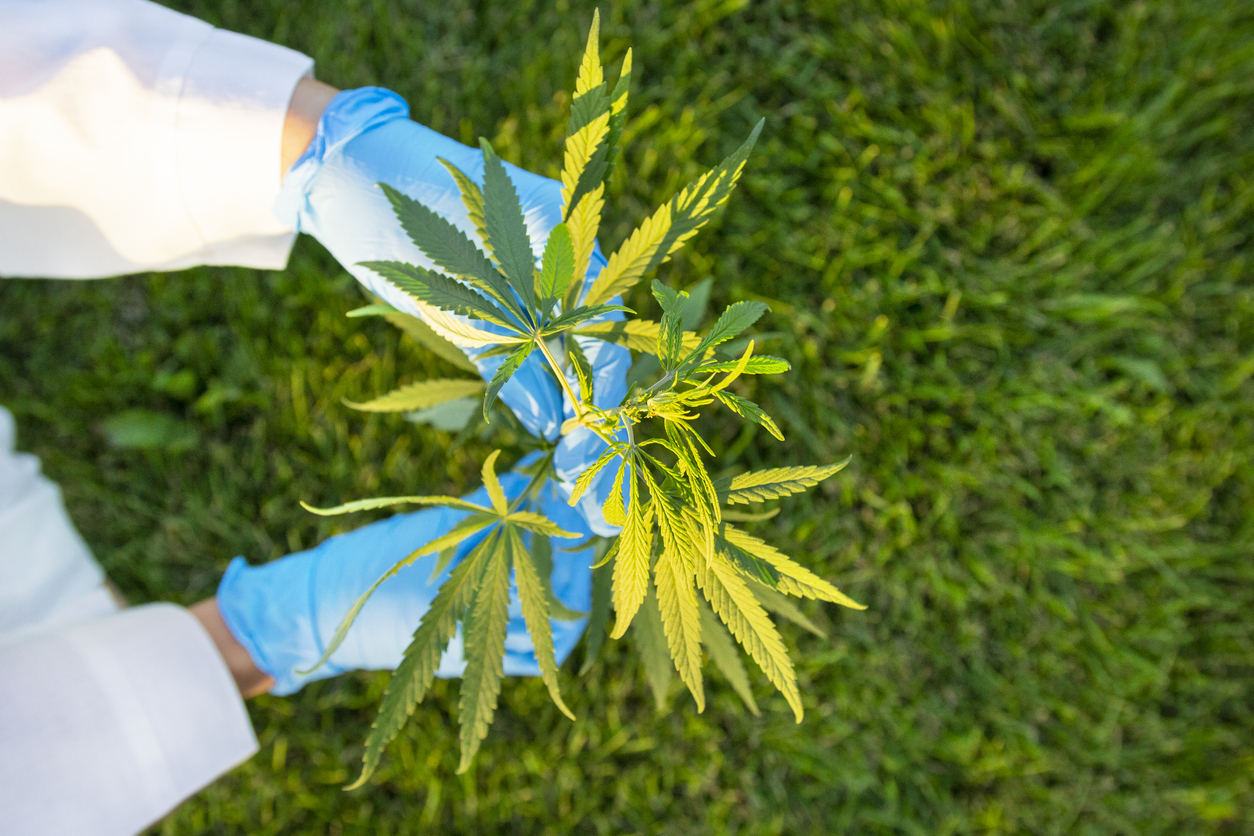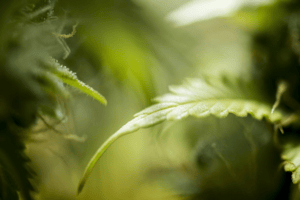Therapeutic benefits
Cannabis Science Conference: A Look at the U.S. Cannabis Industry
Cannabinoids

May 15, 2023 | Published by Perla Valencia-Landestoy
Cannabinoids
A few weeks ago, Broughton Toxicologist, Perla Valencia-Landestoy and Senior Consultant, Dr. Adam Bonin had the opportunity to attend the Cannabis Science Conference in Portland, Oregon. The event covered state-mandated testing requirements, analytical advances in cannabinoid and terpene identification and characterization, pesticide, and metal analysis. It also offered an opportunity to discuss potential forthcoming federal regulations for both medical and recreational cannabis and advances in psychedelic therapy approaches. States with medical and recreational cannabis have their own testing requirements; however, it is evident that the industry is beginning to consider what the future may bring in terms of future Food and Drug Administration (FDA) regulations under a federally legalized system.
Product safety considerations will most certainly be central to these regulations when implemented, so developing protocols to evaluate potential human health risks from cannabis use will be critical. For example, a research group in the state of Washington presented their work analyzing metals in aerosolized cannabis oils at the conference. The researchers are attempting to determine the source of metals in e-liquids and aerosols (following storage). Both metal heating coils and ceramic cartridges yielded metals (including chromium, copper, lead, and nickel), but it was unclear whether the device hardware or e-liquids represented the primary source of metals in the aerosols tested. Metals and pesticides in cannabis “flower” and edible products are also monitored by most states with recreational and/or medical cannabis programs.
Another aspect likely to feature prominently in any federal regulations will be the determination of potential environmental and social impacts related to the manufacture, use, and disposal of cannabis products. For instance, California requires state cannabis licenses to comply with the California Environmental Quality Act (CEQA). The Department of Cannabis Control (DCC) issues annual licenses for cannabis businesses that are CEQA compliant, which may be demonstrated through several documentations, including, but not limited to, the preparation of an Environmental Impact Report, or EIR.
Click here to learn more about our cannabis testing services.


.png?height=200&name=CIC%20Logo%20(1).png)